73% of the Haredi society claim their sense of solidarity with Israeli society has emerged following the war. 75% declare feeling part of the “Israeli story,” and 32% support increased Haredi involvement in Israeli society – as indicated by a comprehensive survey of positions within the Haredi public conducted by the Haredi Institute for Public Affairs through the polling company Askariya.
Further data shows that around 70% of the Haredi population believes that those not studying Torah should contribute to either military or civilian service, alongside a 20% increase in support for integrating Haredim into the IDF and security system.
The extensive survey, carried out by the polling company Askariya among 500 respondents aged 18 and above from the Haredi population through telephone interviews, examined the Haredi society’s attitudes toward the State of Israel and Israeli society, and the changes following the Swords of Iron Conflict. The survey’s sample effectively reflects the various trends within the Haredi community, distinguishing between conservative and modern perspectives, and considering age groups, employment, and geographical distribution.
Feeling a Shared Destiny with Israeli Society
73% of the Haredi population feels that their sense of shared destiny with Israeli society has intensified in light of the war. Analysis of the survey, based on the spectrum between highly conservative and more modern viewpoints, indicates that those who identified themselves as more modern had a higher sense of shared destiny with Israeli society compared to those who identified as more conservative.
Within the Haredi community, 53% believe that the Haredim should forego coalition funds allocated to the Haredi sector due to the war. Among them: 19% believe all coalition funds should be relinquished, compared to 34% who believe all budgets should be relinquished except those allocated for education.
For 85% of the Haredi population, it’s important that the secular society views the Haredi society favorably. 32% support increased involvement of the Haredim in Israeli society, contrasting with 14% advocating for increased segregation. Additionally, another 44% prefer that the Haredi society continues its conduct towards the Israeli society in the same manner as it has done until now.
Increase in Support for IDF Enlistment
Analyzing the survey results reveals a rise of approximately 20% in support for Haredi enlistment in the IDF following the Swords of Iron Conflict, totaling around 29% of the Haredi population in favor of Haredi enlistment in the army.
Overall, categorized by sectors, the highest support for IDF enlistment exists within Chabad Hasidism (74%). Following that, with a significant gap, it’s among the Sephardic community (36%), followed by the Hasidic community in third place (25%), and lastly, the Lithuanian community in fourth and final place (20%).
Furthermore, the data shows that 70% of the Haredi community agrees that a Haredi individual not studying Torah should contribute to the country through military/national/civil service, while 51% disagree with Haredim receiving a blanket exemption from IDF conscription.
Joining the war effort
58% indicated that their sense of personal security was affected following the war. Alongside this figure, 37% stated that they or their spouses consider obtaining a gun license due to the war, and 20% responded that they or their spouses are considering joining a readiness class. Analyzing the responses on a very conservative-to-modern axis, it appears that the more modern respondents defined themselves, the more willing they were to consider obtaining a gun license or joining a readiness class. 12% of survey participants noted that they or their spouses joined an association dealing with emergency medicine and preparedness due to the war.
Trust in public systems
The IDF and security system ranked first in the trust index of public systems (59%). In second place, with a mere one percent difference, were the representatives of the parties that the respondents voted for in the survey (presumably mostly Knesset members from Haredi parties). In third place were the local authorities (48% expressed trust, compared to 51% who expressed distrust), followed by the Israeli Police in fourth place (42% trust versus 57% distrust). The government ranked fifth with 34% expressing trust compared to 64% expressing distrust, and lastly, the judicial system found itself at the bottom with only 8% expressing trust compared to 90% expressing distrust.”
Eli Paley, Chairman of the Haredi Institute for Public Policy Research: “The effects of the events of October 7 are long-term and still need to be thoroughly examined and studied. The changes indicated by the survey in many positions within the Haredi society concerning the Israeli society, as well as in understanding the role of the Haredi society in contributing to Israel’s economic and security needs, present a historic opportunity for decision-makers. The survey reflects a strong desire within the Haredi public to be more involved and contribute more in various areas. The significant challenge for the military and public systems is to create tailored plans that will enable the Haredi society to have a genuine opportunity for substantial contribution.”
Dr. Shai Stern, Deputy to the Chairman of the Haredi Institute for Public Policy Research: “The survey results teach us that, similar to the entire Israeli society, the events of October 7 influence the Haredi society, challenging fundamental assumptions regarding its functioning over decades. The survey reveals that the majority of the Haredi society sees itself as a partner in the Israeli narrative, especially concerning the state’s security needs. The impact on personal security perceptions, alongside the understanding of the importance of unity in the entire Israeli society, indicates that significant and growing portions within the Haredi society are interested in increasing their involvement.”

